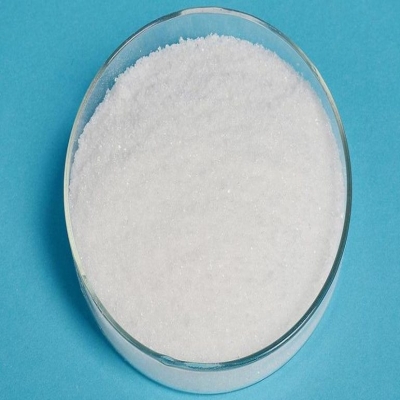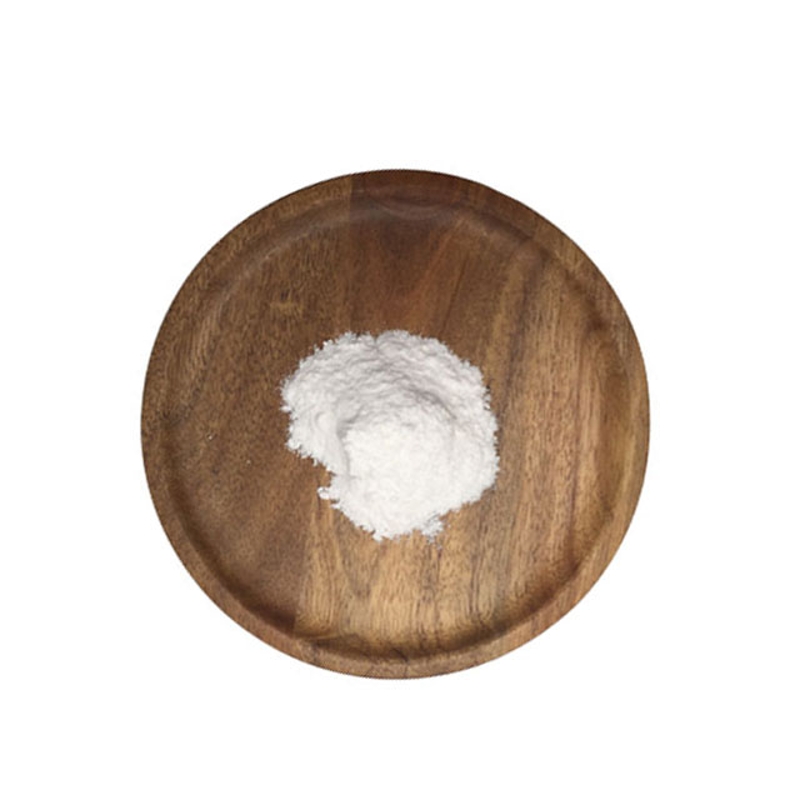-
Categories
-
Pharmaceutical Intermediates
-
Active Pharmaceutical Ingredients
-
Food Additives
- Industrial Coatings
- Agrochemicals
- Dyes and Pigments
- Surfactant
- Flavors and Fragrances
- Chemical Reagents
- Catalyst and Auxiliary
- Natural Products
- Inorganic Chemistry
-
Organic Chemistry
-
Biochemical Engineering
- Analytical Chemistry
- Cosmetic Ingredient
-
Pharmaceutical Intermediates
Promotion
ECHEMI Mall
Wholesale
Weekly Price
Exhibition
News
-
Trade Service
Aging is the biggest risk factor for most chronic diseases, including cancer, diabetes , heart vascular disease and Alzheimer's disease
.
Aging can also easily lead to senile syndrome and loss of physical resilience
Diabetes, heart blood vessels COVID-19
Cellular senescence has become one of the mechanisms that drive aging and age-related diseases, and it is currently the easiest target to treat
.
Aging is a cell fate caused by external and internal cell stress signals, established by a cascade of transcription factors, including p16INK4a/retinoblastoma protein and/or p53/p21CIP1, and can cause gene expression, histone modification, organelle function, and Extensive changes in protein production, as well as profound morphological and metabolic changes
A considerable part of senescent cells (SnC) can release inflammatory factors, chemokines, growth factors, proteases, biologically active lipids, extracellular vesicles and procoagulant factors, which are collectively referred to as the senescence-related secretory phenotype or SASP
.
Senescence is a powerful tumor suppressor mechanism.
As a chemical attractant, SASP stimulates immune cell-mediated clearance of senescent cells and neighboring cells
.
However, with the advancing of age and the occurrence of many chronic diseases, SnC accumulates in most tissues, which may be due to the inefficient clearance of SnC by the immune system and the resistance of SnC to cell death
immunity
So far, we are still unclear about the effect of aging on the response to viral infections
.
Recently, researchers published an article in Science, demonstrating that senescent cells (SnC) exhibit excessive inflammation in response to pathogen-associated molecular patterns (PAMPs), including SARS-CoV-2 spike protein-1, and increase The expression of virus entry protein also reduces the expression of non-SnCs antiviral genes through a paracrine mechanism
infection
Aged mice acutely infected with pathogens including SARS-CoV-2 related mouse β-coronavirus will experience increased aging and inflammation, with a mortality rate of almost 100%
.
Acute infection including SARS-CoV-2 related mice Aging mice with pathogens including β-coronavirus will experience increased aging and inflammation, and the mortality rate is almost 100%
Treatment with the aging agent Fisetin reduces mortality in aged mice exposed to NME
Treatment with the aging agent Fisetin reduced the mortality rate of aged mice exposed to NME.Treatment with the aging agent Fisetin reduced the mortality rate of aged mice exposed to NME.
However, if aging drugs are used to target SnCs before or after pathogen exposure, it can significantly reduce mortality, cellular senescence and inflammation markers, and increase antiviral antibodies
.
.
If aging drugs are used to target SnCs before or after pathogen exposure, it can significantly reduce mortality, cellular senescence and inflammatory markers, and increase antiviral antibodies
Original source:
Original source:Christina D.
Christina D.
Leave a message here







